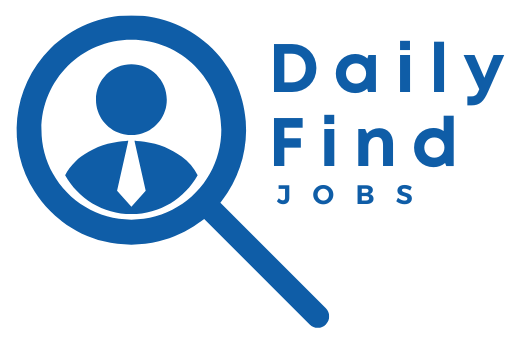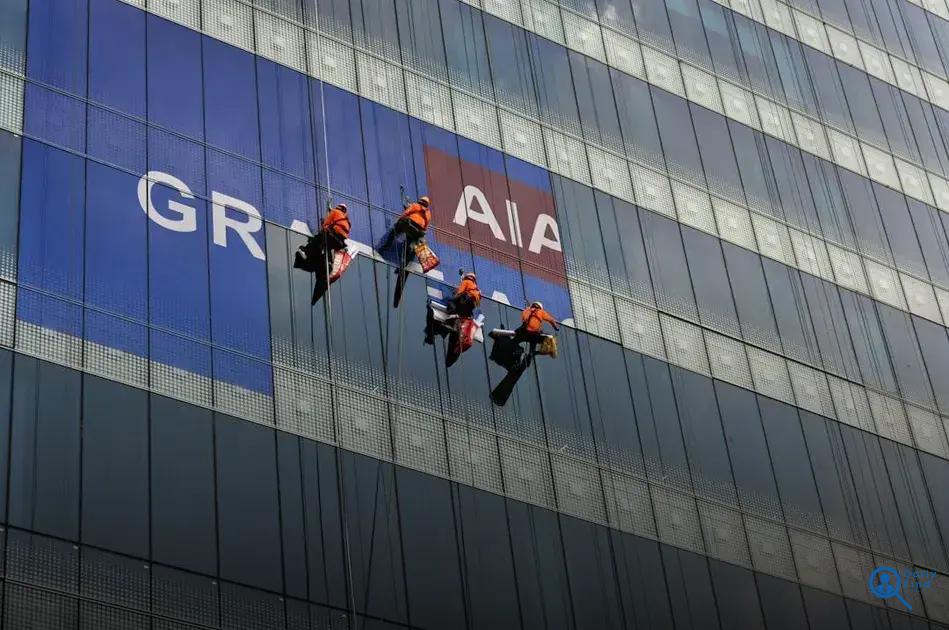The role of AI in modern recruiting is reshaping how organizations attract and evaluate talent. As technology evolves, companies are increasingly relying on cutting-edge AI tools to enhance recruitment efficiency and accuracy. But what exactly is AI’s impact on this process, and are there challenges we need to consider? In this article, we’ll explore how AI is transforming recruitment, the tools involved, ethical implications, and what the future holds for hiring practices.
Understanding AI’s Impact on Recruitment
The impact of Artificial Intelligence (AI) on recruitment is profound and transformative. AI enhances the efficiency and effectiveness of hiring processes through automation and data-driven insights. One major impact of AI is the ability to process vast amounts of applications swiftly, identifying the most suitable candidates for specific roles. This capability is crucial for companies dealing with a substantial flow of job applicants.
AI-driven recruitment tools can analyze resumes and application letters to match candidate skills with job requirements. These tools often leverage natural language processing (NLP) to interpret and rank candidates based on how well they fit the job description.
Enhancing Candidate Experience
AI also plays a vital role in improving the candidate experience. Chatbots and virtual assistants provide instant feedback and updates to applicants, reducing the anxiety associated with waiting for responses. These technologies act as the first point of contact, answering common queries regarding the application process and company culture, thus ensuring that the recruitment process is seamless and engaging for candidates.
Moreover, AI helps in minimizing bias during recruitment. Algorithm-driven decisions ensure that only the most qualified candidates are shortlisted, regardless of gender, ethnicity, or educational background, fostering diversity and inclusion.
Through data analytics, AI allows recruiters to understand patterns and trends in the hiring process. By evaluating what works best and what does not, companies can optimize their hiring strategies to attract top talent efficiently. This data-driven approach ensures that recruitment processes are continuously improving and adjusting to new challenges and opportunities in the workforce.
AI Tools Revolutionizing Hiring
AI is ushering in a new era of recruitment, transforming hiring processes and bringing unprecedented efficiency. By leveraging machine learning algorithms, these tools can analyze vast datasets, enabling recruiters to make informed decisions quickly. AI tools can efficiently sift through resumes, identifying candidates who best match the job requirements. This process speeds up hiring and reduces human error.
Furthermore, AI tools aid in virtual interviews by using Natural Language Processing (NLP) to assess candidate responses and sentiment. The capability to analyze voice and video ensures that recruiters have an accurate understanding of the interview dynamics.
Additionally, AI powers predictive analytics, which helps forecast the success rate of candidates in a specific role. This allows organizations to make strategic hiring decisions based on data rather than intuition.
AI also enhances the candidate experience by automating communication, providing real-time updates, and fostering engagement through chatbots and personalized messaging. This results in an efficient and satisfying journey for potential hires.
These tools are revolutionizing recruitment by not only streamlining the process but also ensuring higher quality and diversity in hiring. AI-driven solutions are continuously learning and adapting, making them invaluable assets in the competitive landscape of modern recruitment.
Challenges of AI in Recruitment
One of the main challenges of AI in recruitment is addressing bias. While AI systems can streamline processes, they often learn from existing data, which might carry biases from past hiring decisions. These biases could inadvertently reinforce stereotypes unless carefully managed.
Another challenge lies in the integration of AI technologies into existing recruitment processes. Companies may face hurdles ensuring that their HR teams are adequately trained to use these tools effectively. This involves not only technological adoption but also a cultural shift towards accepting AI-based assessments as part of decision-making.
Data privacy is an ongoing concern. With AI systems relying on large volumes of data, safeguarding candidate information is paramount. Organizations must adhere to regulations like GDPR, ensuring transparent and secure handling of personal data.
Furthermore, the reliance on AI algorithms raises questions about accountability. When AI is involved in hiring decisions, pinpointing responsibility for mistakes or biased outcomes can be challenging. Companies need to establish clear guidelines on oversight and accountability to maintain trust in AI-driven recruitment processes.
Lastly, AI systems are only as good as the data they receive. Improving the quality and diversity of input data is essential to ensure AI can support a fair and comprehensive hiring process, avoiding potential pitfalls and helping recruiters make better decisions.
AI and the Future of Hiring Practices
The integration of AI in recruiting is reshaping how companies identify and onboard new talent. With AI, businesses can efficiently sift through vast amounts of applications, ensuring that only the most qualified candidates are considered. This not only speeds up the hiring process but also improves the quality of hires.
AI’s ability to analyze large datasets enables it to predict which candidates will perform well, based on their skills, experiences, and even subtle patterns in their resumes. Companies are adopting AI-driven platforms to manage applicant tracking systems (ATS) more effectively, using algorithms to match candidates with job requirements beyond traditional keyword searches.
An important part of AI in recruitment is its capacity to facilitate bias reduction in the hiring process. By relying on data-driven insights, AI can help ensure that candidate evaluations are based on merit rather than subjective human biases, promoting a more diverse and inclusive workplace.
AI’s Continuous Learning
AI systems are designed to evolve as they process more data, improving their accuracy and efficiency in understanding what works in hiring over time. Their adaptive algorithms learn from previous hiring outcomes, adjusting criteria and refining processes to align better with a company’s recruitment goals.
Moreover, AI facilitates candidate engagement through automated communication such as chatbots, which can provide timely responses to candidate inquiries and schedule interviews. This helps maintain candidate interest and reduces the potential drop-off during the hiring pipeline.
The future of recruitment will likely see AI developing further, with advancements in machine learning offering even deeper insights and streamlined processes. While AI brings promising advancements, it still requires careful oversight to ensure ethical standards and fairness in all hiring phases.
Ethical Considerations in AI Recruitment
As artificial intelligence continues to transform modern recruiting, it’s important to address the ethical considerations that come alongside its integration. AI systems in recruitment often use complex algorithms to sort, filter, and rank candidates. These algorithms must be carefully designed to avoid biases that could unfairly disadvantage candidates based on race, gender, or other protected attributes.
Data privacy is another significant concern. When AI tools process candidate information, they handle sensitive data. Companies must ensure compliance with data protection laws such as GDPR or CCPA, providing transparency about how candidate data is used. It’s crucial to inform candidates about what data is collected, how it’s processed, and for what purposes.
Another ethical consideration is the human oversight in AI-driven recruitment processes. While AI can handle large volumes of applications efficiently, there’s a risk of reducing human interaction, which is vital for assessing cultural fit and soft skills. Human recruiters should play an active role in making final hiring decisions, ensuring a balance between machine efficiency and human judgment.
Lastly, transparency in AI decision-making is key. Candidates should have access to explanations regarding their application status and understand how decisions are made. This transparency builds trust and ensures fairness in the hiring process. By addressing these ethical considerations, companies can use AI responsibly and effectively.

